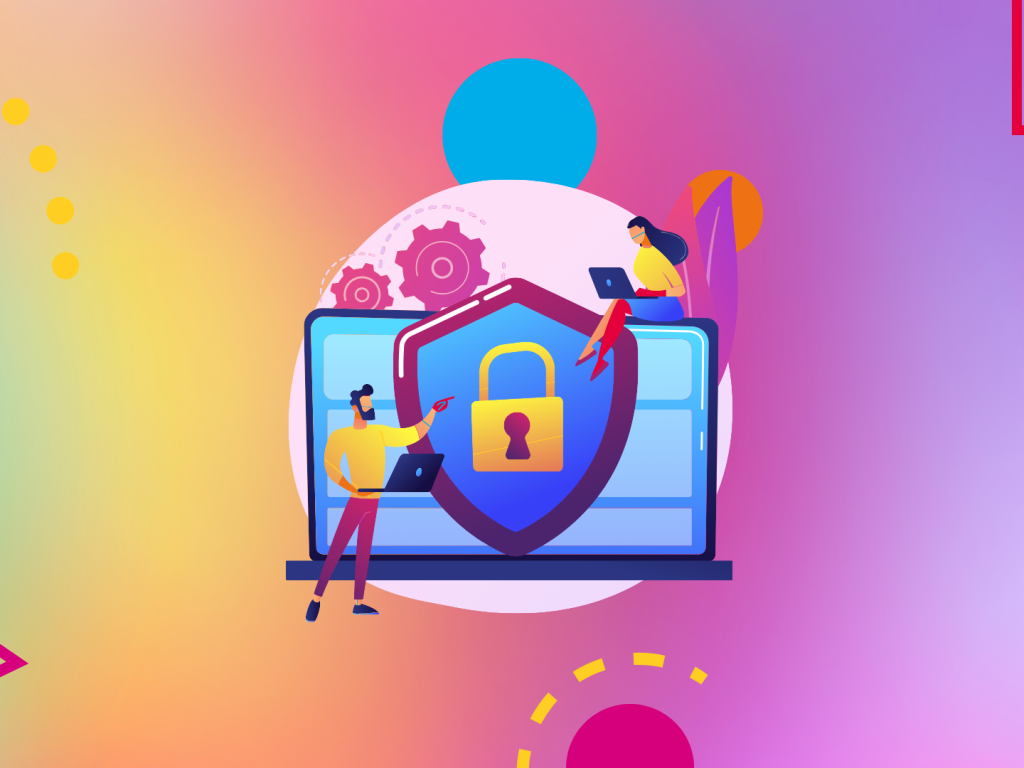Enhancing Cyber Hygiene for North East UK Businesses
In this digital era, the significance of cybersecurity cannot be overstated. It is vital for both individuals and organisations to play their part in safeguarding sensitive information and upholding proper cyber hygiene.
As you may be aware October is Cybersecurity Awareness Month, we believe it is crucial to empower North East UK businesses with the knowledge and resources required to bolster their cyber defences. Join us in this guide as we explore the importance of CAM and discover the four key best practices that can help protect your business from cyber threats.
Chapter 1: Understanding Cybersecurity Awareness Month
Originally initiated in the United States, Cybersecurity Awareness Month (CAM) has grown into a global campaign.
It is spearheaded by two key agencies: the National Cyber Security Alliance (NCSA) and the Cybersecurity and Infrastructure Security Agency (CISA).
Here in the UK, the National Cyber Security Centre (NCSC) actively participates in promoting this initiative.
CAM is geared towards fostering awareness and education regarding cybersecurity, equipping individuals and organisations with the tools required to strengthen their defences.
Chapter 2: This Year’s Theme
CAM’s 20th-anniversary theme revolves around acknowledging the strides made in cybersecurity while acknowledging the challenges that lie ahead. This year’s focus centres on four key cybersecurity practices that can significantly enhance your digital defences.
These are:
- Enabling multi-factor authentication
- Using strong passwords and a password manager
- Updating software
- Recognising and reporting phishing
Chapter 3: Fundamental Cyber Hygiene Practices
At the core of CAM is the promotion of fundamental cyber hygiene practices. Just as we maintain good physical health through hygiene practices, such as daily teeth brushing, we must also establish good cyber hygiene practices to safeguard our online environment.
Section 1: Enabling Multi-Factor Authentication (MFA)
Implementing Multi-Factor Authentication (MFA) adds a crucial security layer to all your logins. It makes it immensely challenging for hackers to breach your accounts, even if they possess your password.
According to Microsoft, MFA can block 99.9% of attempted account compromise attacks. With that strong track record, everyone really should be using it. And using it on every login they have.
Section 2: Using Strong Passwords & a Password Manager
Passwords remain a critical aspect of securing online accounts. Despite the increased use of biometrics, passwords still rule. Encourage your team members to use strong, unique passwords for each account. Avoid easily guessable information like birthdays or names.
Companies can help by setting strong password enforcement rules. This requires a strong password before it’s accepted in a system. For example, you may set up a policy that requires a password to have:
- At least 12 characters
- At least 1 upper case letter
- At least 1 lower case letter
- At least 1 number
- At least 1 symbol
Section 3: Updating Software
Outdated software creates vulnerabilities that cybercriminals can exploit. Regularly update operating systems, applications, and firmware. This ensures the latest security patches are in place.
Automating updates is an effective way to ensure they’re done promptly. Companies can use endpoint device managers to handle updates across all employee devices. Managers like Intune simplify the process and enhance endpoint security.
Section 4: Recognising and Reporting Phishing
Phishing attacks are a common vector for cyber threats. Train your team to identify phishing emails, suspicious links, and unsolicited attachments. Encourage them to verify the sender’s email address. As well as never provide sensitive information unless certain of the recipient’s authenticity.
It’s also important to educate employees about phishing beyond email. Phishing via text messages has been increasing significantly. Some criminals phish via direct messages on social media platforms.
Another important aspect of phishing awareness is to report phishing. If it’s reported, then other employees know to avoid that phishing trap. The organisation’s IT team also needs to know so they can take action to mitigate the threat. Be sure to let employees know how they can report a phishing email when they suspect one.
Bondgate IT – Strengthening Cybersecurity in North East UK
Cybersecurity Awareness Month is an excellent opportunity to refocus on the significance of cybersecurity and prioritise essential cyber hygiene practices.
Building a culture of cybersecurity awareness within your team can make a critical difference in your organisation’s resilience.
To ensure a secure and productive future for your business, it’s essential to establish these foundational cybersecurity practices.
Bondgate IT is here to assist you in this journey. Contact us today, and let’s discuss your cybersecurity needs. Or fill out the form below and we will call you back.
